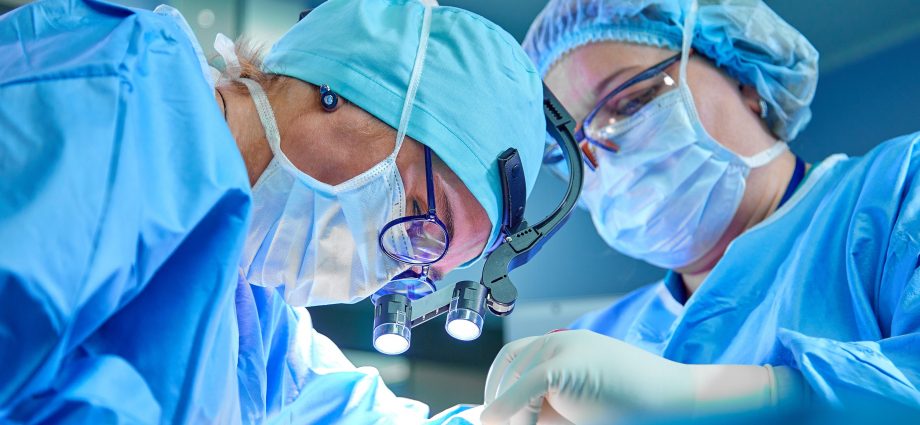FRIDAY, June 3, 2022 (HealthDay News) — Vaccination played a crucial role when Americans were deciding whether to have surgery during the pandemic, a new study finds.
“It’s critical to understand what factors affect a patient’s decision to have surgery during an infectious pandemic if we want to help reduce deaths and illness. These factors include vaccination status of the patient and hospital staff, the need and length of hospital stay, and [the] urgency of the procedure,” said study co-author Dr. Keith Ruskin. He is a professor of anesthesia and critical care at the University of Chicago.
“Our findings are not only relevant to COVID-19, but to future infectious disease pandemics,” and having “this knowledge could help guide health care institutions’ future vaccine resource allocations and policies for vaccine requirements,” Ruskin explained in a university news release.
For the study, the team surveyed just over 2,000 U.S. adults (average age 41) in June 2021 about what factors would influence their decision to have a hypothetical surgery during a pandemic involving an infectious virus.
The urgency of surgery was the top consideration. Respondents considered life-saving surgery more essential than an elective procedure (e.g., a knee replacement) during a pandemic.
The survey also found that people who were vaccinated were more willing to have surgery than those who weren’t vaccinated, and that requiring hospital staff to be vaccinated was also important.
Nearly one-quarter (24%) of respondents said they would not have life-saving surgery without universal vaccination (vaccination of both hospital staff and patients), compared to 15% with universal vaccination.
Respondents were more willing to undergo outpatient surgery than inpatient surgery. This is a valid concern, given that the risk of COVID-19 infection increases with hospital length of stay, even though that risk is very small, according to the study published in the June 9 issue of the journal Vaccine.
“Our study reveals that people have real fears about acquiring an infectious disease in the hospital if they need surgery during a global pandemic,” said study co-author Dr. Anna Clebone Ruskin, an associate professor of anesthesia and critical care at the University of Chicago. “This suggests a potential opportunity for public education.”
More information
The Mayo Clinic explains surgery safety during the COVID-19 pandemic.
SOURCE: University of Chicago, news release, May 31, 2022
Copyright © 2026 HealthDay. All rights reserved.

